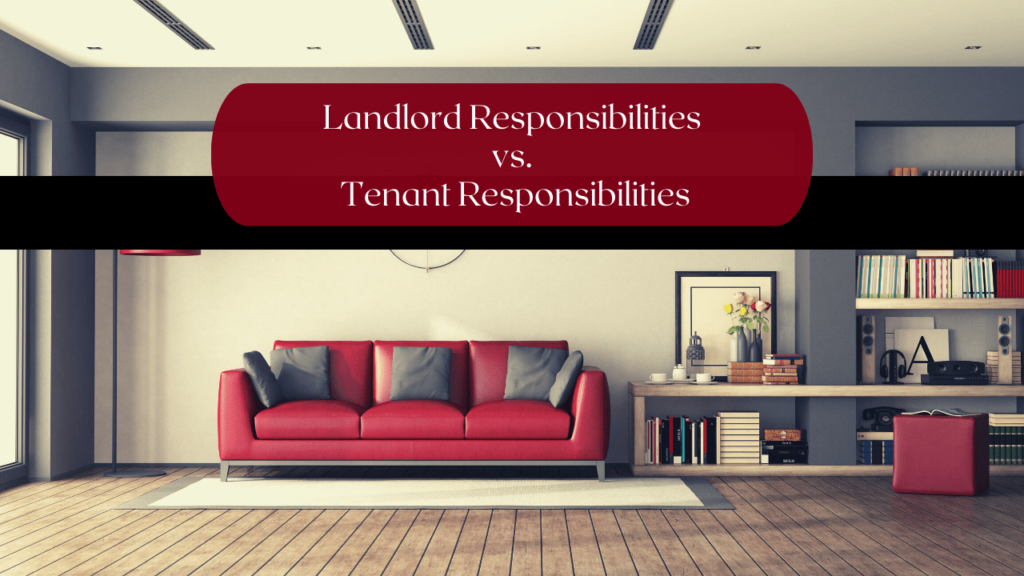
When you’re renting out a commercial space in the High Desert, you need to have a lease that clearly separates your responsibilities as a landlord from your tenant’s responsibilities as the occupants of your property.
Typically, the responsibilities will actually depend upon the lease agreement.
Let’s talk about different lease types and what they mean for defining landlord responsibilities versus tenant responsibilities in a commercial rental space.
Full Service Gross Lease
With a full service gross lease in place, the tenant will basically be responsible for rent and utility usage. Everything else is the responsibility of the landlord, including any building expenses, maintenance, insurance, and property taxes.
This will usually deliver a higher rental rate for you, but you’ll need to be prepared for all those expenses that come with owning and operating a property. Tenants who want to be as hands-off as possible will try to negotiate this type of lease so they only have one bill to pay on a monthly basis.
There are always exceptions, of course. You can write a full service gross release to limit what the owner pays in an annual period, leaving the tenant to be responsible for any additional expenses once that threshold is met.
Net Lease Agreements
A net lease will generally divide the financial responsibilities between tenants and owners. Usually, the tenant will have to pay a portion of the building’s operating expenses. This includes common area maintenance, property taxes, and insurance.
Your net lease will have its own specific responsibilities listed, depending on what you want to handle yourself and what you want your tenants to be responsible for. If you’re renting out a building with several commercial tenants, you might calculate each tenant’s pro-rata share of operating expenses based on square footage.
Triple Net Lease Agreements
With a triple net lease, the tenants agree to pay for rent, utilities, and all the operating expenses associated with your commercial property. The tenant is responsible for:
- Maintenance fees
- Building insurance
- Property taxes
When you have a triple net lease in place, you are not responsible for all those extra costs, but you can expect to earn less rent in exchange for the tenant taking on the extra fees and costs. You’re likely to negotiate a longer lease term and you may need to agree to lower rental increases once the initial lease term is complete.
Modified Gross Lease
A modified gross lease puts you between the gross lease and the triple net lease, and responsibilities are almost evenly divided. To keep things simple, you can expect that a modified gross lease means that the tenant pays base rent, utilities, and a portion of operating costs.
Every modified gross lease will look a little different, and you and your tenants will have to decide how yours looks. Sometimes, tenants agree to pay only rent and utilities for the first year but then contribute to operating expenses and additional costs in larger increments each additional year of the lease term.
The way you structure your lease and divide up the responsibilities will depend on you, your tenants, and the type of building you’re renting out. What works for an office building might be very different from what works best for a retail setting or an industrial warehouse.
 Please don’t hesitate to contact us at Preston-Lee Management Company. We’ve been providing property management services in the High Desert for more than 20 years, and we’re happy to be your best resource. We can help you negotiate a strong lease with your tenants.
Please don’t hesitate to contact us at Preston-Lee Management Company. We’ve been providing property management services in the High Desert for more than 20 years, and we’re happy to be your best resource. We can help you negotiate a strong lease with your tenants.
